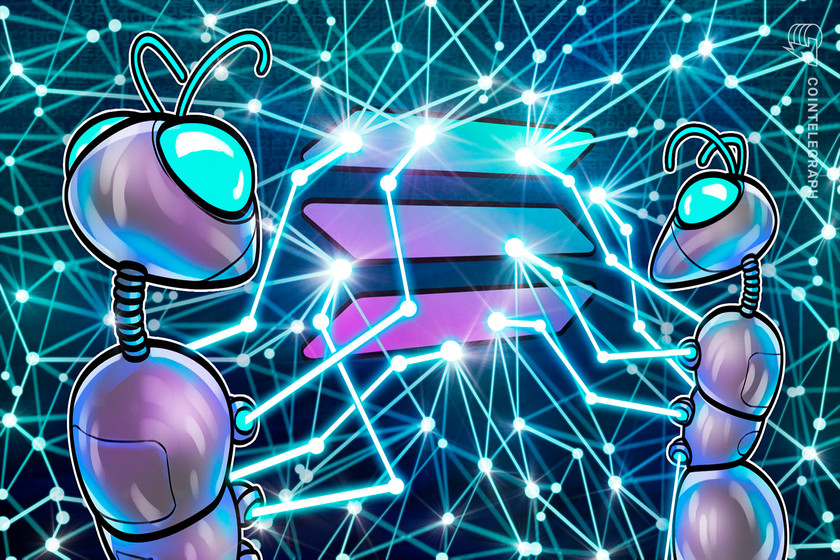Canadian University Dubai backtracks on accepting crypto via Binance Pay


Before hitting a technical roadblock, CUD was seemingly interested in collecting tuition and course fees in cryptocurrencies from both domestic and international students.
Not even 24 hours after the Canadian University Dubai (CUD) announced its partnership with Binance Pay to accept course fees in cryptocurrencies, a technical roadblock watered down the excitement behind the short-lived initiative.
CUD, a private university in Dubai, was seemingly interested in allowing domestic and international students to pay their tuition and course fees in cryptocurrencies. This initiative would have allowed students from varied backgrounds easy access to the Canadian curriculum in Dubai.
Dear CUD Community,
For technical reasons, CUD will not be accepting cryptocurrency as a method of payment, until further notice.
We apologize for any inconvenience. pic.twitter.com/b9rERYHR7g
— CUDubai (@CUDUAE) February 10, 2023
Binance Pay, a payment gateway service launched by crypto exchange Binance, allows businesses to integrate support for cryptocurrency payments. According to the university’s initial announcement, the Binance partnership allowed the institution to “have adapted to the transforming digital payment space.”
#Binance helps bring crypto to @CUDUAE, a leading university in Dubai.
Prospective and current students can now pay their fees, including tuition fees, with crypto.
Powered by Binance Pay. pic.twitter.com/bqWuezZVKJ
— Binance (@binance) February 9, 2023
Binance Pay supports over 200 cryptocurrencies, including Bitcoin (BTC), Dogecoin (DOGE) and Ether (ETH) and charges zero fees per transaction. On Feb. 7, Binance hosted a cryptocurrency workshop and information session for CUD where students were taught about blockchain and crypto fundamentals, Web3 and the metaverse.


As shown above, CUD is home to over 1800 domestic and international students — enrolled in one of the 25 undergraduate and six graduate programs — who pay a yearly tuition fee of $18,000.
Canadian University Dubai has not yet responded to Cointelegraph’s request for comment.
Related: Crypto projects respond to privacy coin ban in Dubai
On Feb. 7, when Binance was eyeing a partnership with CUD, Dubai released crypto regulations for virtual asset service providers (VASPs). The Virtual Asset Regulatory Authority issued its Full Market Product Regulations, which include four compulsory rulebooks and activity-specific rulebooks that lay down the rules for operating VASPs.
⚠️Dubai News
Dubai’s Vurtual Assets and Regulatory Authority issued the long-awaited Full Market Regulations for Vurtual Assets Services Providers (VASPs).
— Irina ₿. Heaver (@IrinaHeaver) February 7, 2023
Irina Heaver, a crypto and blockchain lawyer based in the United Arab Emirates, told Cointelegraph, “Regulatory certainty is very good for business. It is good for consumers, investors and the Emirate of Dubai. The regulations are long-awaited and mostly welcomed.”









